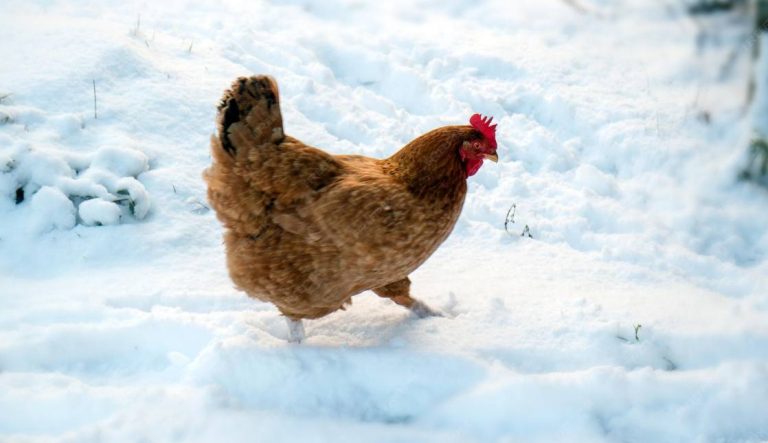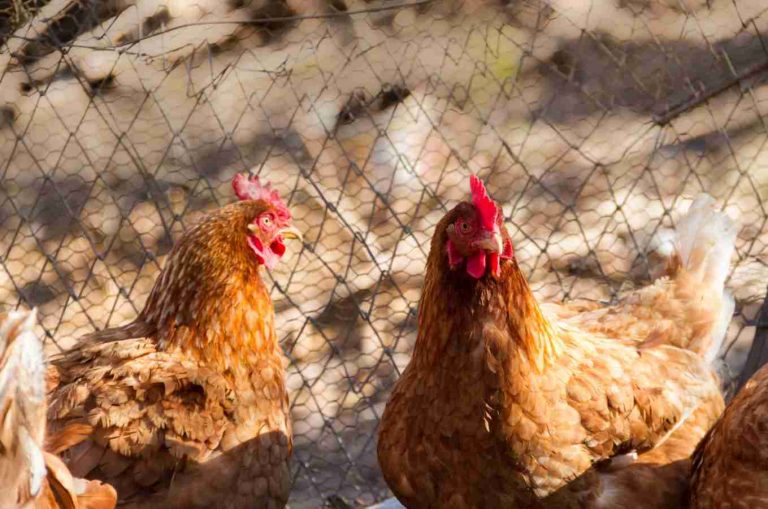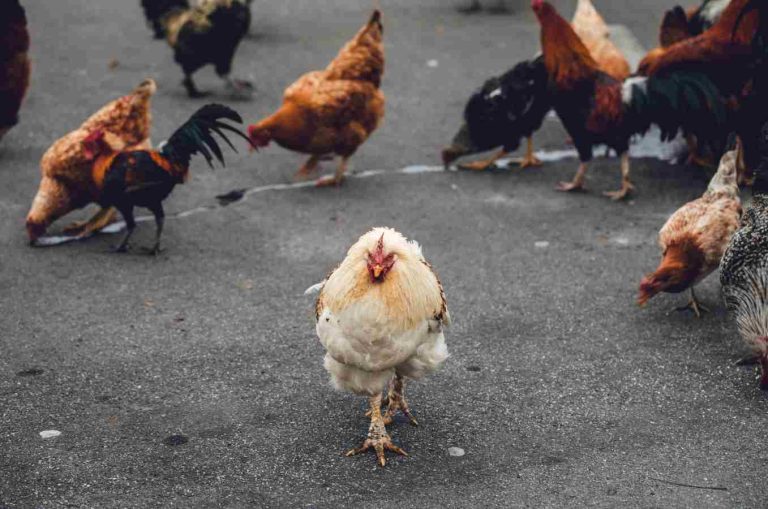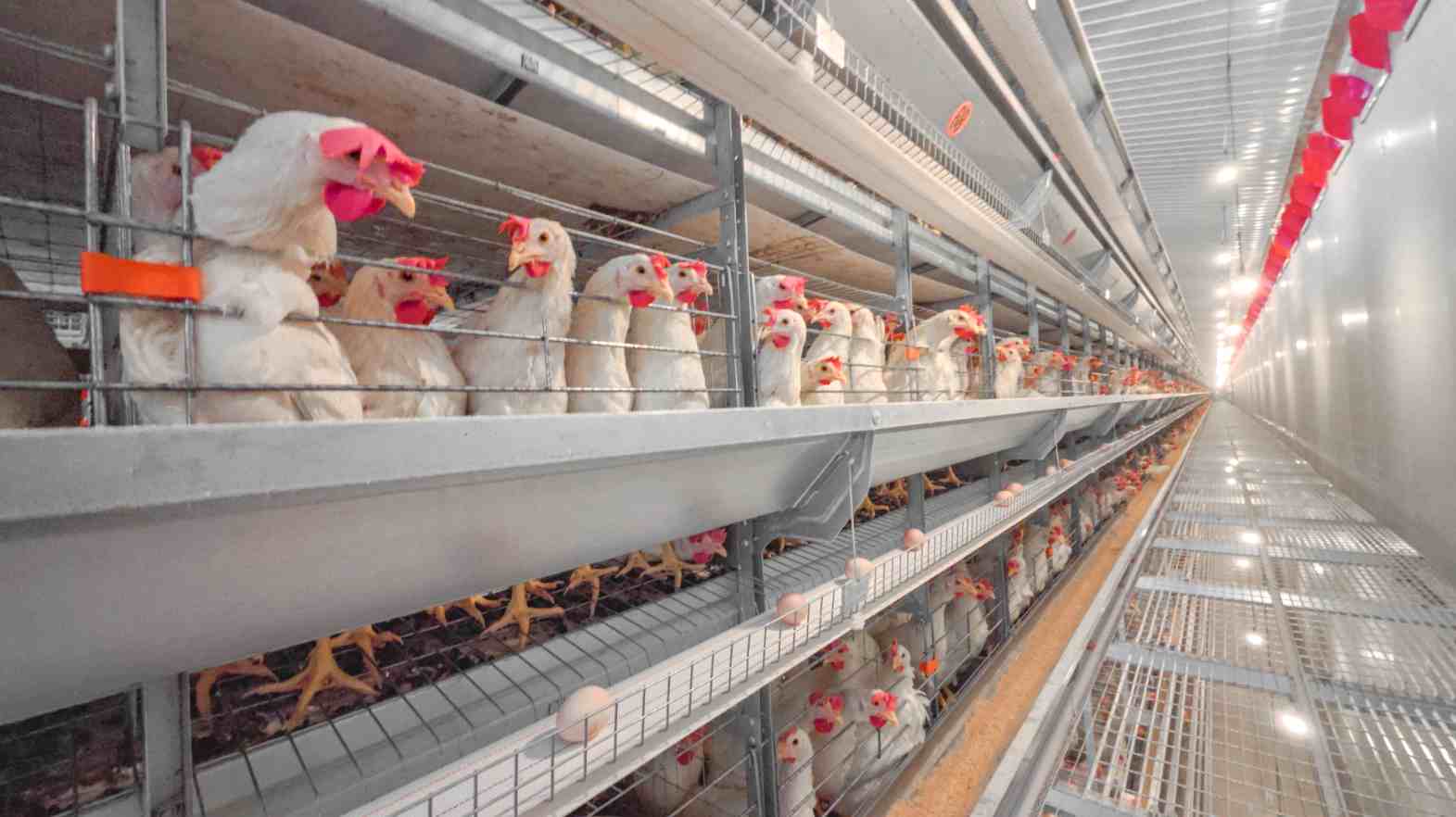
1. Precise Climate Management
- Temperature Regulation: Advanced systemsincluding programmable fans, heating, cooling pads, and wet-curtain setups ensure a consistently ideal temperature, reducing stress during heatwaves or cold snaps and improving uniform growth.
- Humidity Control: Maintaining 50–70% humidity prevents mold, respiratory issues, and microbiological proliferation. Automated sensors trigger adjustments in real time.
- Air Quality: Constant fresh air exchange removes ammonia, CO₂, and dust, mitigating respiratory illnesses and boosting overall flock health.
2. Robust Biosecurity & Disease Prevention
- Vector Blockage: The sealed structure blocks wild birds, rodents, and insects, dramatically lowering the risk of avian influenza and Newcastle disease.
- Efficient Disinfection: Smooth, enclosed surfaces support high-pressure or automated spray-and-clean regimes, ensuring hygienic turnover between batches.
- Built-in Sanitation Stations: Entry protocols for personnel—clean boots, sanitized tools—minimize cross-contamination risk.
3. Increased Production Efficiency
- Stable Living Conditions: Reduced fluctuations in temperature, light, and drafts lead to more even growth, improved feed conversion, and fewer mortality events.
- Controlled Lighting: Timers and LED systems simulate optimal photoperiods—accelerating broiler growth or supporting consistent egg production.
- Optimized FCR: Thanks to controlled environments, feed consumption is converted more efficiently into weight gain—translating into cost savings.
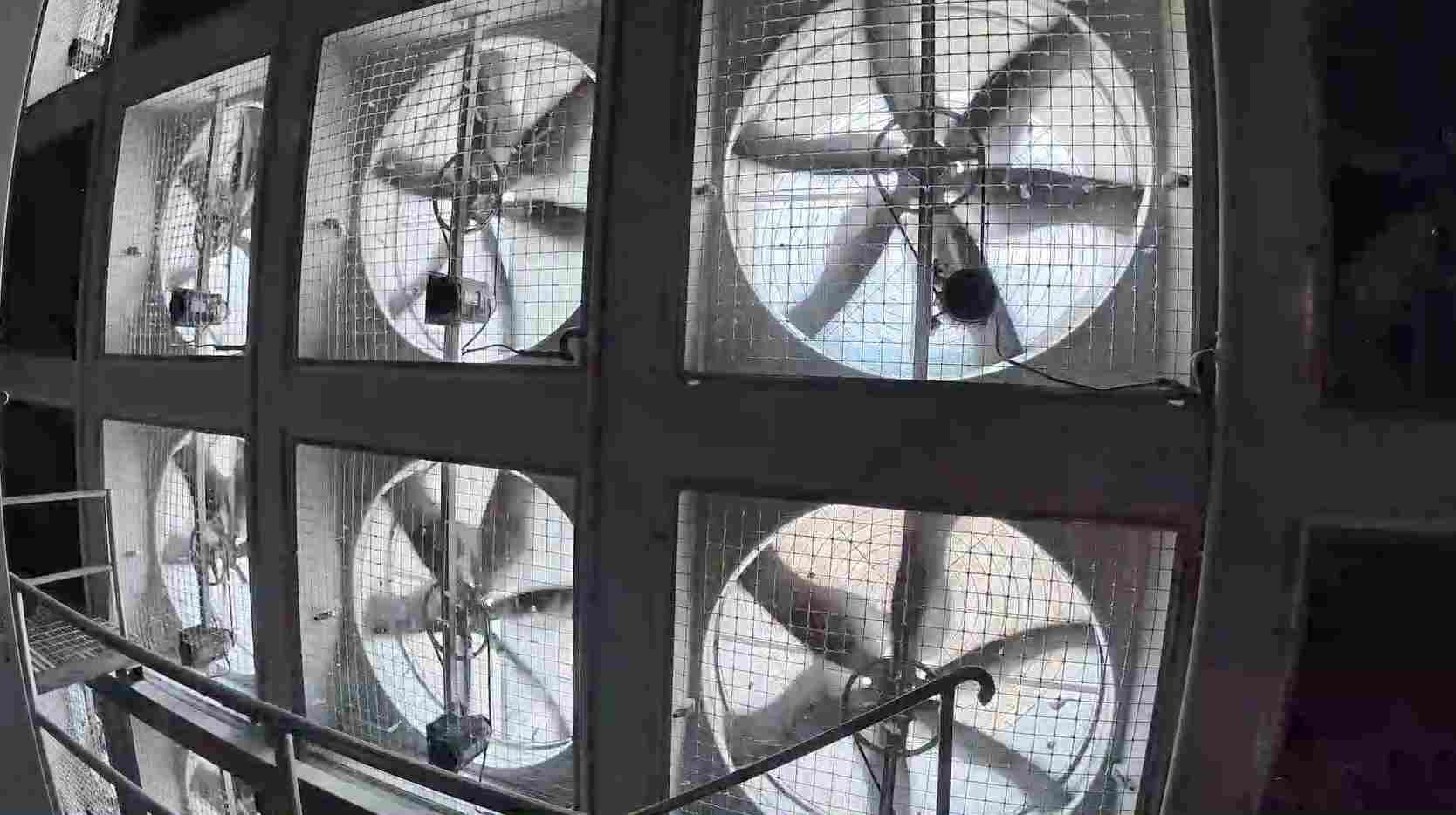
4. Protection Against External Threats
- Predator Defense: Solid walls, secure latches, and mesh screens keep out foxes, snakes, weasels—reducing flock losses.
- Controlled Access: Only trained staff with proper sanitation protocols enter the coop, reducing human-borne disease risks.
- Security from Tampering: Lockable entry points prevent theft or vandalism—protecting both livestock and investment.
5. Long-Term Economic Gains
- Automation Efficiency: Motors and sensors for feeding, watering, egg collection, and manure removal minimize labor requirements and reduce operating costs.
- Smarter Management: Real-time data on temperature, humidity, and air quality allows fast, adaptive decisions—maximizing productivity.
- High ROI: Although initial investment is greater, the benefits from fewer disease losses, labor savings, superior yields, and efficient energy use create faster returns.
6. Environmental Sustainability
- Waste Utilization: Manure is easier to collect, process, and repurpose as organic fertilizer or biogas—reducing environmental footprint.
- Antibiotic Reduction: Better hygiene and health management reduce disease outbreaks—minimizing need for prophylactic antibiotic use.
7. Implementation Considerations
- Investment Entry Cost: Construction, insulation, ventilation, and backup power demand upfront capital.
- Technical Operations: Staff need training in environmental control, biosecurity, daily maintenance and emergency response.
- Power Continuity: Backup generators or solar systems are crucial—power loss can quickly compromise air quality and bird welfare.
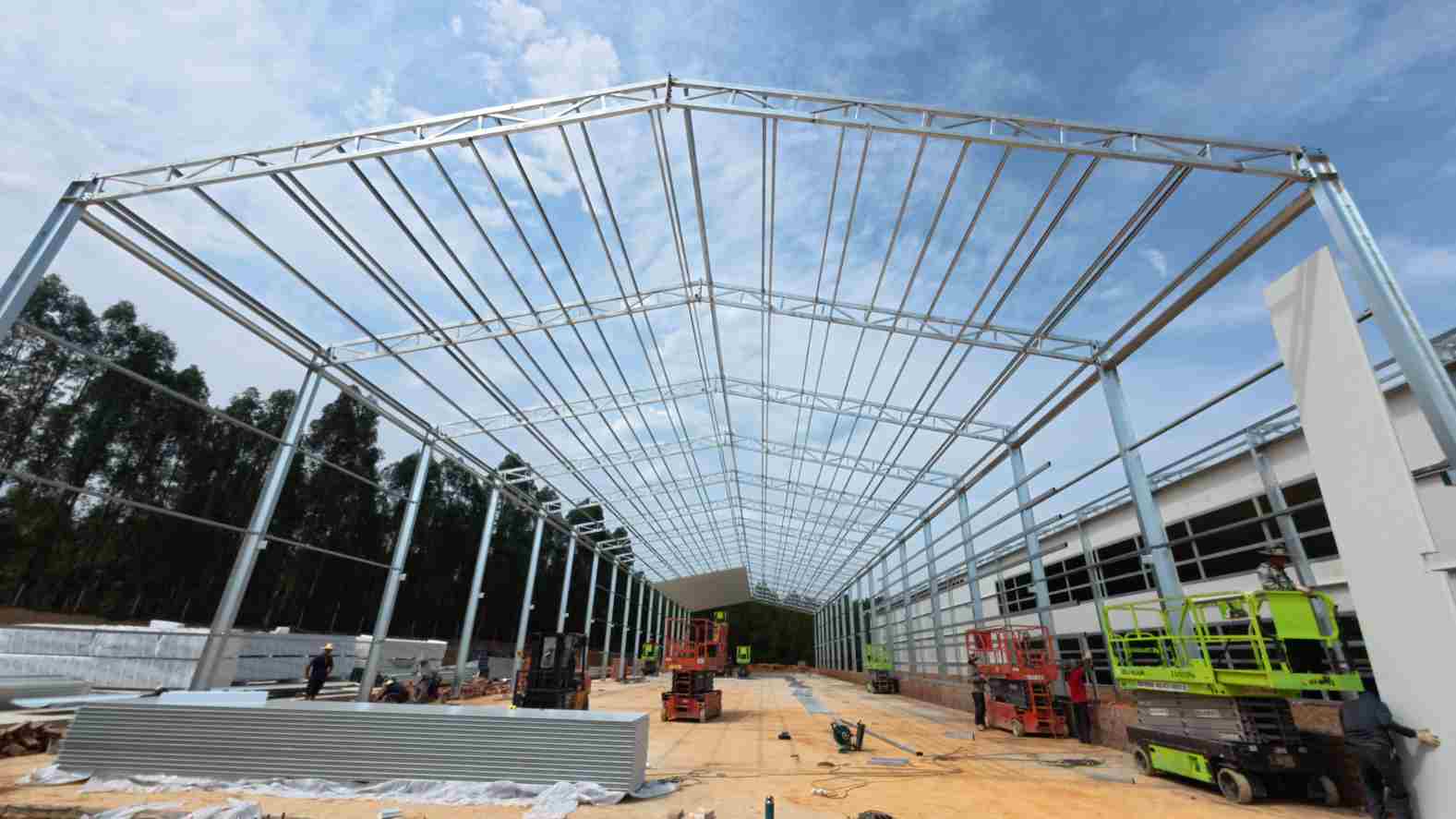
Conclusion
- Closed, controlled-environment chicken coops provide unmatched benefits across health, productivity, economics, and sustainability. With intelligent climate control, biosecurity measures, automation, and waste management, these systems deliver healthier flocks, higher yields, and stronger ROI—making them a smart choice for forward-looking poultry operations.
Next Steps for You
- Send ZeusYour Parameters: Producer scale, climate data, current facility specs.
- Receive a Comprehensive Proposal: Including layout, technical equipment, and cost breakdown.
- Evaluate ROI & Timeline: Projected performance improvements, budget, and recovery timeline.
- Let’s collaborate to create your high-performance poultry facility—optimized for your success.


